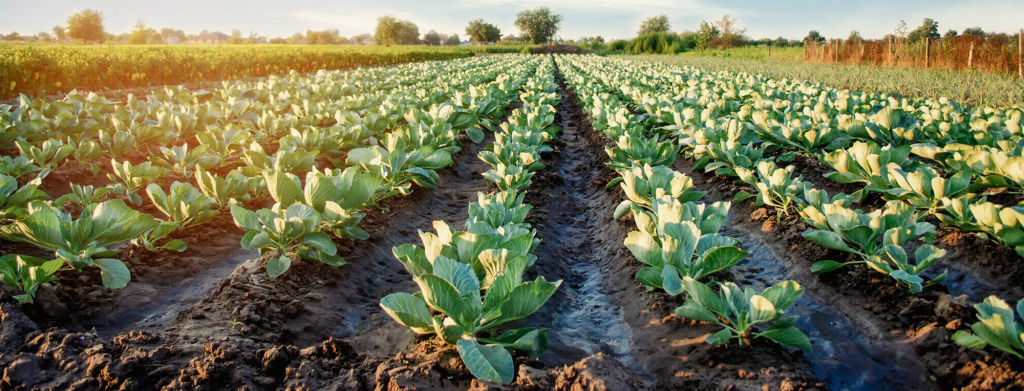Preparation, filing and prosecution of plant breeders rights (PBR) applications until grant of registration.
We offer the following services:

General advisory services on PBR issues within the framework of current Zimbabwean law

Preparation, filing and prosecution of plant breeders rights (PBR) applications until grant of registration.
General advisory services on PBR issues within the framework of current Zimbabwean law
Zimbabwe has a dedicated Act for the registration of PBRs namely the Plant Breeders Rights Act, [Chapter 18:16] and implementing regulations contained in Statutory Instrument 113/1998.
The registration of PBRs falls under the powers of the Minister of Lands, Agriculture, Water, Climate and Rural Settlement. However, the Head of Seed Services is the Registrar of Plant Breeders Rights.
● The State or the government of a reciprocating country; or
● An individual who is a citizen or resident of Zimbabwe or a reciprocating country; or
● A company or body corporate which carries on business or has its principal office in Zimbabwe or a reciprocating country;
where the State or that government, individual, company or body corporate, as the case may be, is a breeder of the new variety concerned.
● In most cases, foreign applications are filed on the basis that the applicant is a citizen or resident of a reciprocating country.
● A local agent must file a Power of Attorney in support of a PBR application.
No. Zimbabwe is not a member of the International Union for the Protection of New Varieties of Plants (UPOV). Some of the amendments that were introduced to the PBR Act in July 2001 attempt to align the Zimbabwe PBR Act with UPOV standards. However, Zimbabwe would need to accede to the UPOV Convention first and domesticate the Convention through a Statutory Instrument for the Convention to have the force of law in Zimbabwe.
What is UPOV?
It is an intergovernmental organization with headquarters in Geneva (Switzerland) which was established by the International Convention for the Protection of New Varieties of Plants in Paris in 1961 and was revised in 1972, 1978 and 1991.
Is Zimbabwe a signatory to ARIPO’s Arusha Protocol on Plant Varieties?
No, it is not.
They are:
● DUS requirements (distinctiveness, uniformity and stability); and
● Novelty
They are:
● 6 years for trees and grapevines; and
● 4 years for any other variety.
What kind of examination does Zimbabwe undertake for PBR applications?
● Zimbabwe undertakes documentary substantive examination of technical questionnaires in addition to DUS testing.
● Zimbabwe has recently passed legislation allowing the production and use of cannabis for scientific and medical use. However, the prescribed list of plants for which varieties may be obtained in Zimbabwe that is provided in the PBR Regulations has not yet been amended to include cannabis. We offer possible solutions regarding this issue.
What is the duration of a PBR registration in Zimbabwe?
● 20 years, which may be extended for a further period of up to 5 years in the PBR Registrar’s discretion if he or she ‘is satisfied, on application by a holder of plant breeders rights, that for reasons beyond the applicant’s control the applicant has not been adequately remunerated by the grant of such rights’.
What remedies are available in Zimbabwe to protect PBR’s from infringement?
These include:
● Damages, which may be quantified on the basis of a reasonable royalty;
● Interdicts (injunctive) relief; and
● Anton Piller orders - Roysen Traders (Pvt) Ltd t/a Alliance Ginneries Applicant v Quton Seed Company (Pvt) Ltd High Court, Harare judgment no. 12/2017 (Chitapi J).